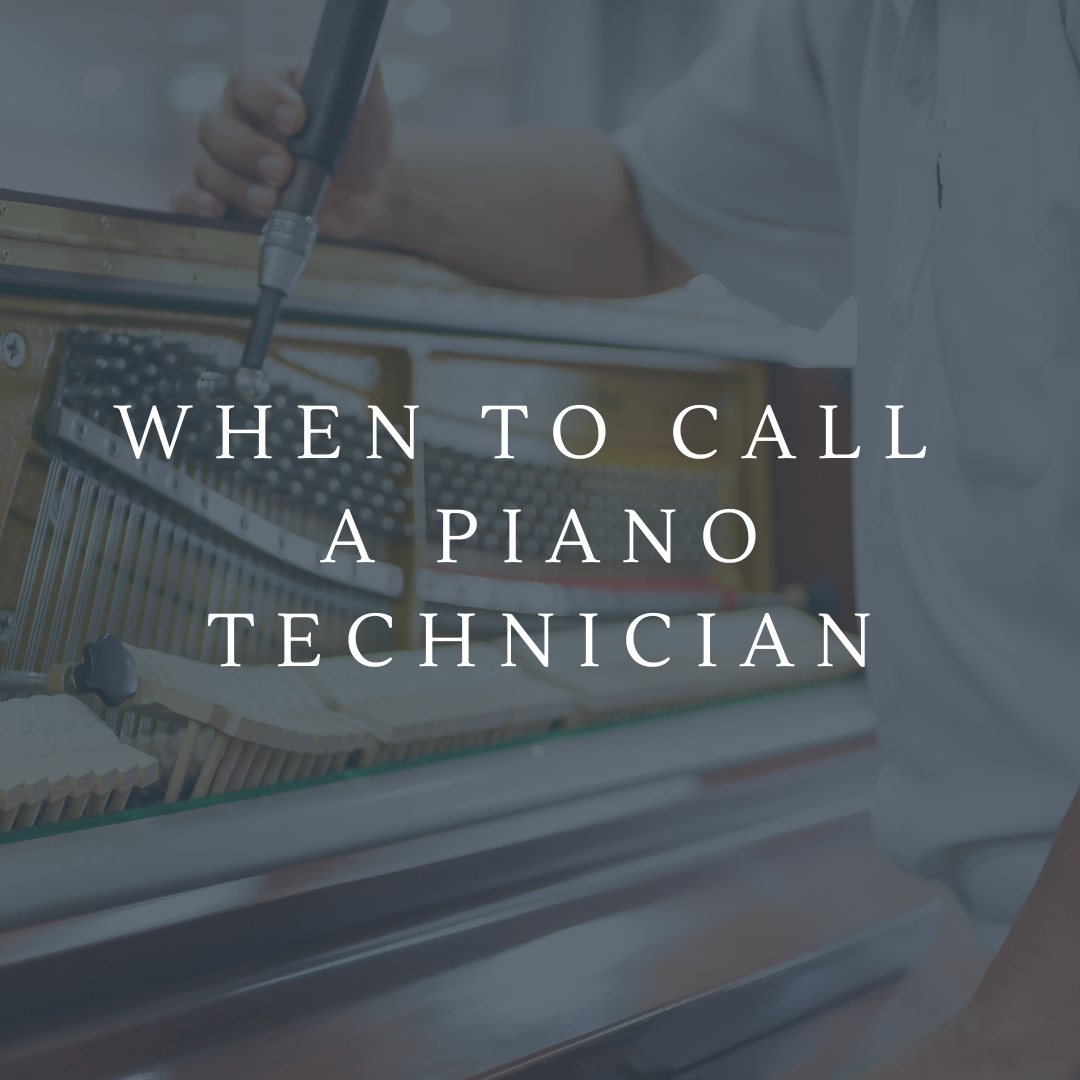
Owning a piano is a rewarding experience, but maintaining it can sometimes be a bit tricky. Just like any other intricate instrument, pianos require regular upkeep to ensure they perform at their best. But how do you know when it’s time to call in a professional piano technician? Here’s a guide to help you identify those critical moments when your piano needs expert attention.
One of the most common reasons to call a piano technician is for tuning. Pianos should ideally be tuned at least once or twice a year, depending on the environment and frequency of use. If you notice that your piano is sounding off-key, especially after a season change or moving the instrument, it’s time to have a technician tune it. An out-of-tune piano can affect your playing experience and potentially cause frustration, so regular tuning is essential.
Are some keys not responding as they should? Sticky or unresponsive keys can be a sign of various issues, such as humidity affecting the wood, debris lodged under the keys, or mechanical problems within the action. A piano technician can diagnose the root cause and fix it, ensuring your keys respond smoothly and consistently.
Pianos should produce clear, harmonious sounds. If you start hearing strange noises like buzzing, rattling, or clicking, it’s a red flag. These noises can result from loose parts, worn-out strings, or issues with the action mechanism. A technician will have the tools and expertise to identify and resolve these problems, bringing back the pristine sound of your piano.
The pedals on a piano are crucial for dynamic playing, adding sustain, softening the sound, or highlighting specific notes. If your pedals feel loose, squeak, or aren’t functioning properly, a technician can adjust and repair them. Pedal problems can significantly impact your playing, so it’s important to address them promptly.
Pianos should have a consistent touch and feel, allowing for smooth and even playing. If you notice changes in the resistance of the keys, uneven touch, or keys that feel too heavy or too light, it’s time to call a technician. These changes can be indicative of issues with the action or the balance rail, both of which require professional adjustment.
Over time, the exterior and interior components of your piano may show signs of wear and tear. This could include cracks in the wood, worn-out felt hammers, rusting strings, or damage to the soundboard. Regular inspections by a technician can help catch these issues early and prevent further damage.
If your piano sees heavy use, such as in a music school, performance venue, or by a dedicated pianist practicing daily, it will require more frequent maintenance. High usage can accelerate wear and tear, making regular check-ups by a technician even more crucial to ensure the instrument remains in top playing condition.
While it’s essential to know when to call a technician, there are also steps you can take to maintain your piano between professional visits:
Recognizing when your piano needs professional care is key to maintaining its performance and longevity. By staying attuned to the signs mentioned above and scheduling regular maintenance, you can ensure your piano remains a delightful and reliable instrument for years to come. When in doubt, don’t hesitate to call a piano technician—they are trained to address a wide range of issues and will help keep your piano in perfect harmony.

Recognizing when it’s time to upgrade to a new piano is crucial for any pianist. Whether it’s the deteriorating sound, physical wear, limited dynamics, or evolving needs, these signs are your cues to explore the beautiful world of new pianos. Embrace the opportunity to find an instrument that not only meets but enhances your musical aspirations.

The piano, a majestic instrument with over 200 years of history, comes in various shapes and sizes to fit the needs of different musicians and spaces. From the grand stage to the cozy living room, there’s a piano for every setting.
